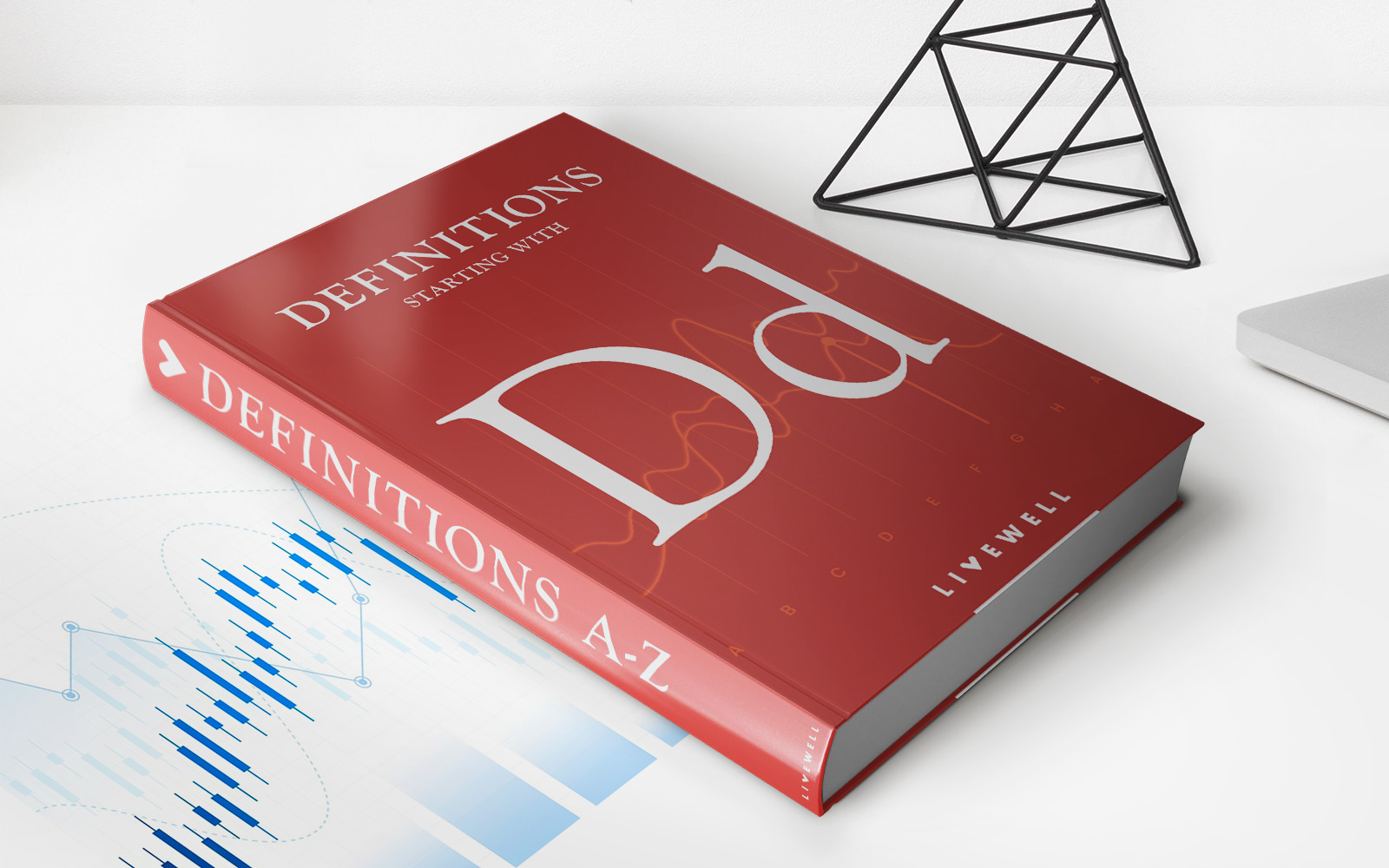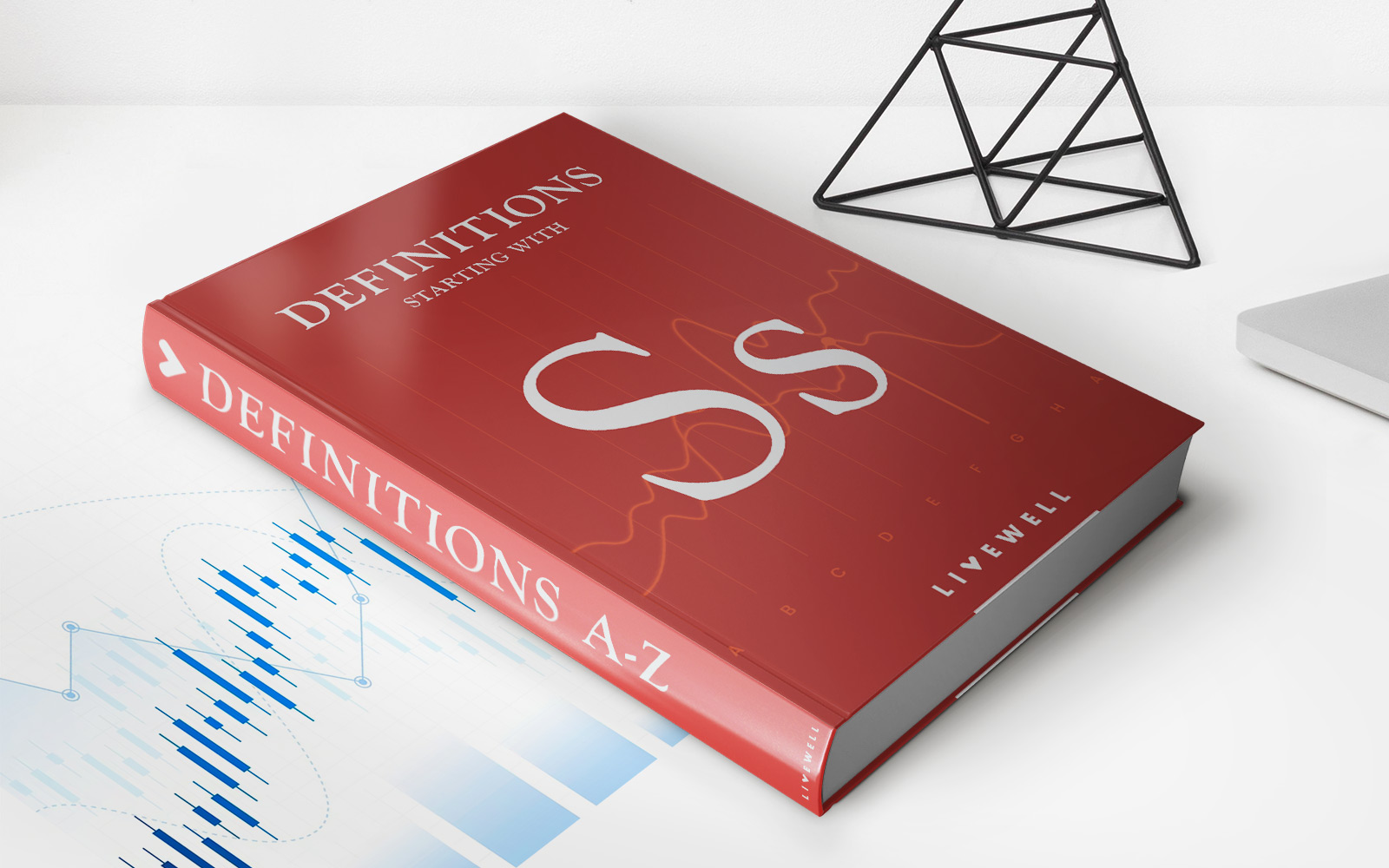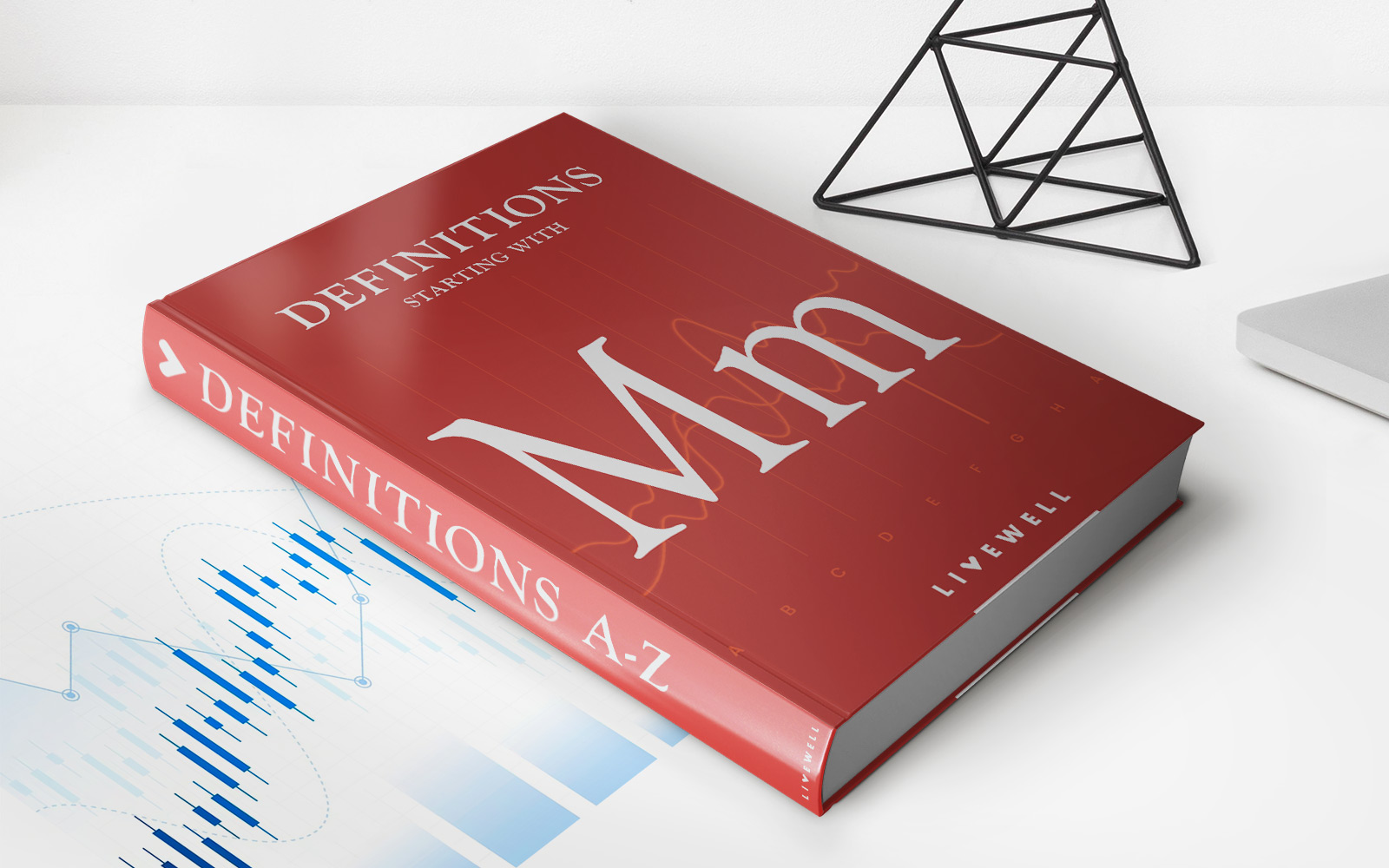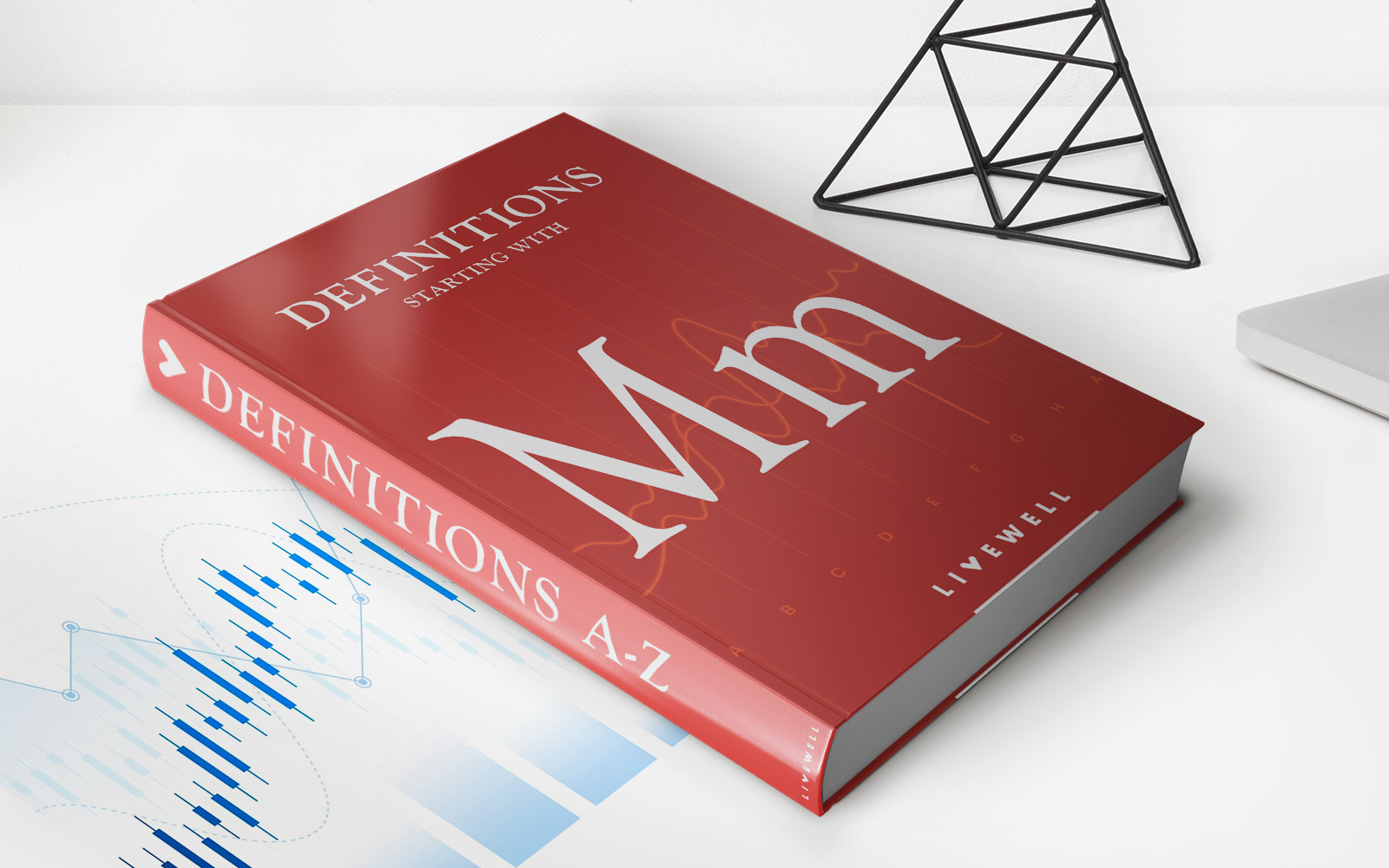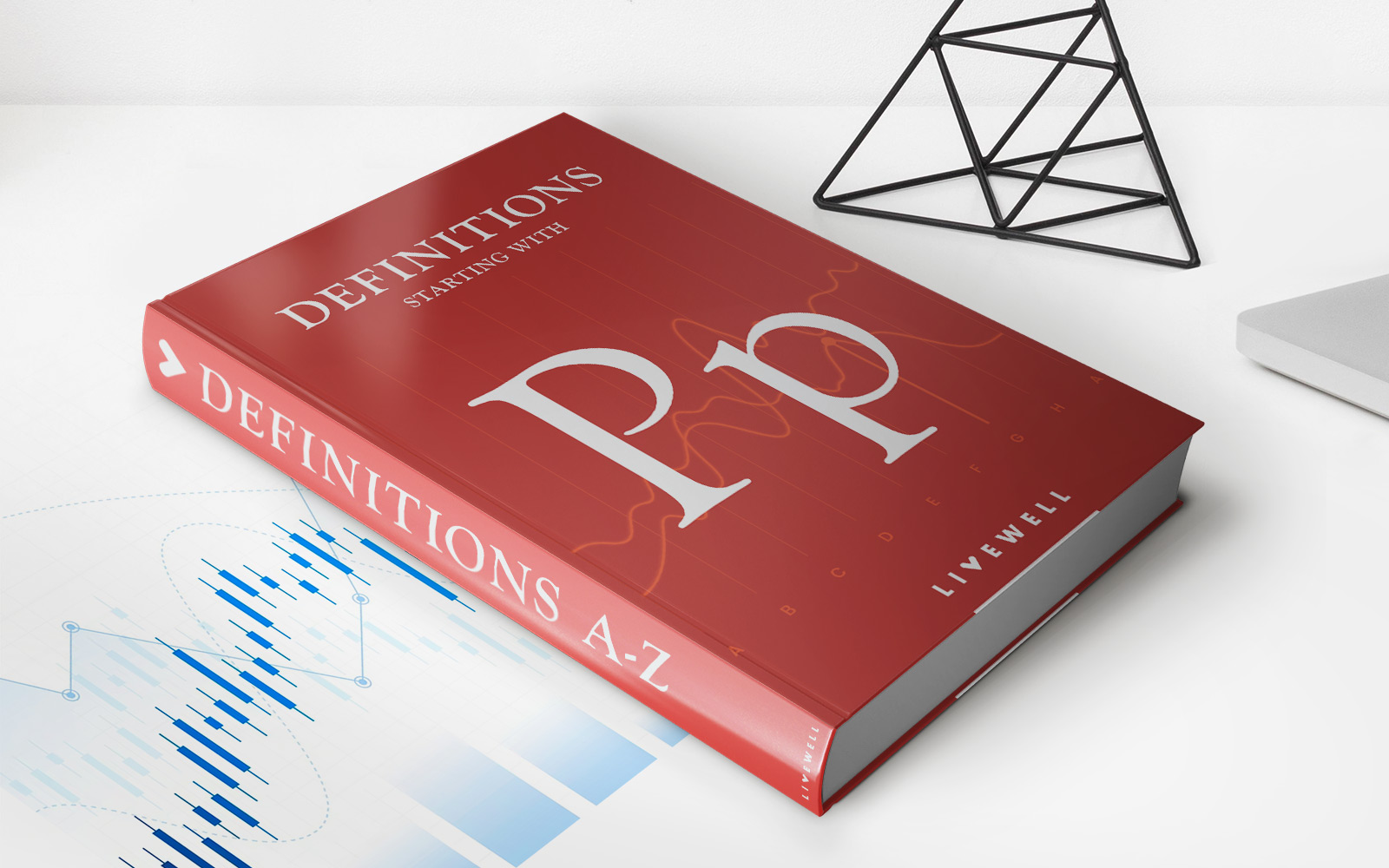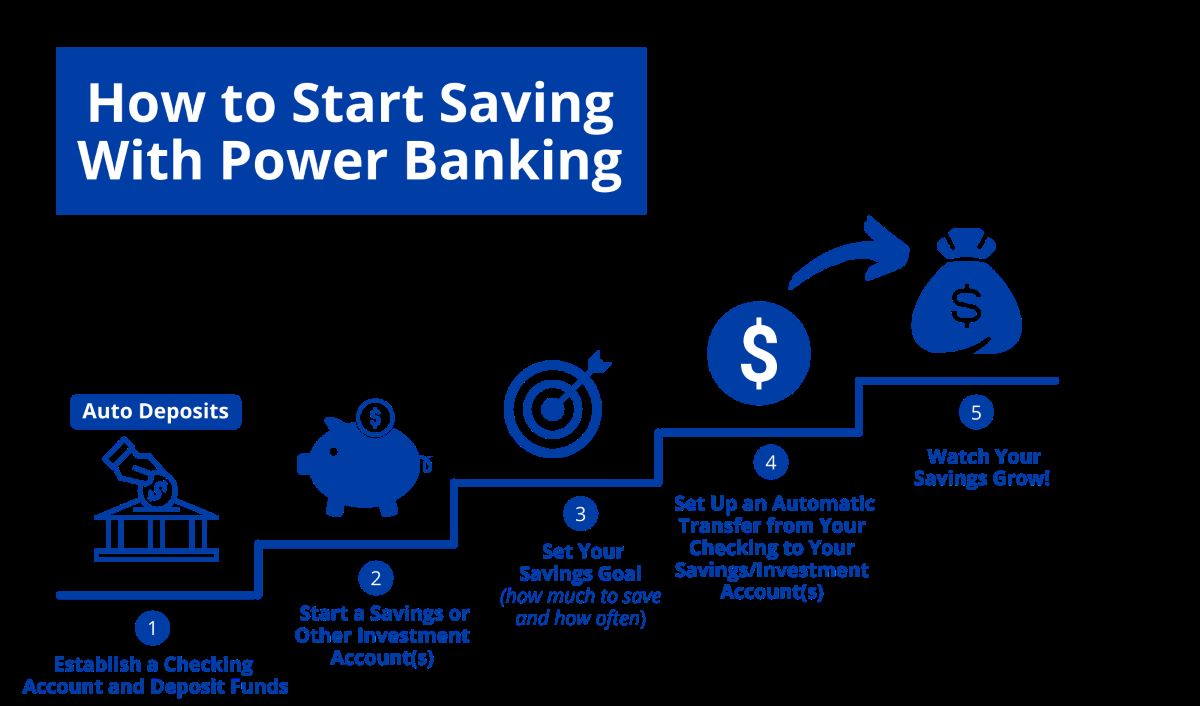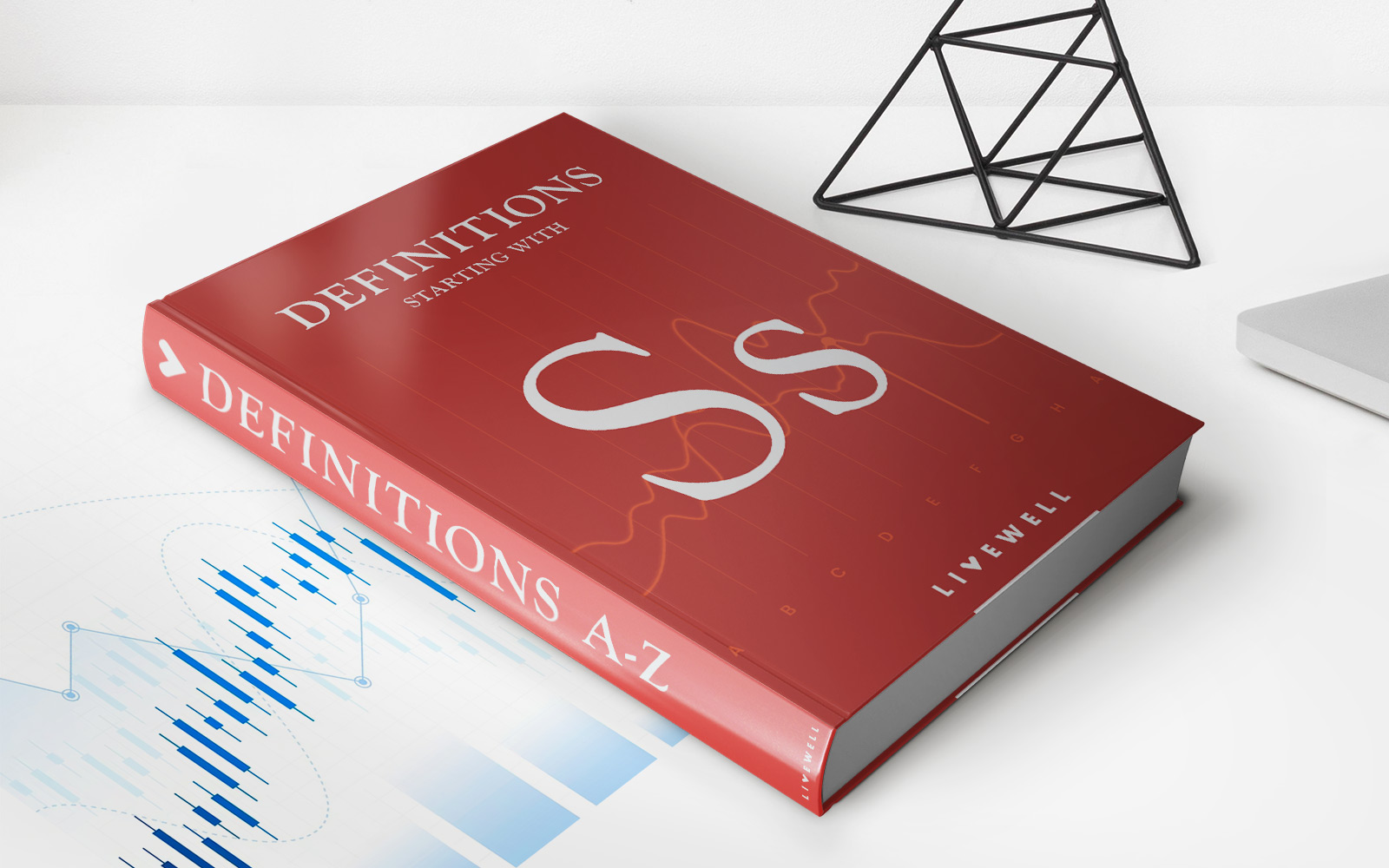Home>Finance>What Is Market Power (Pricing Power)? Definition And Examples
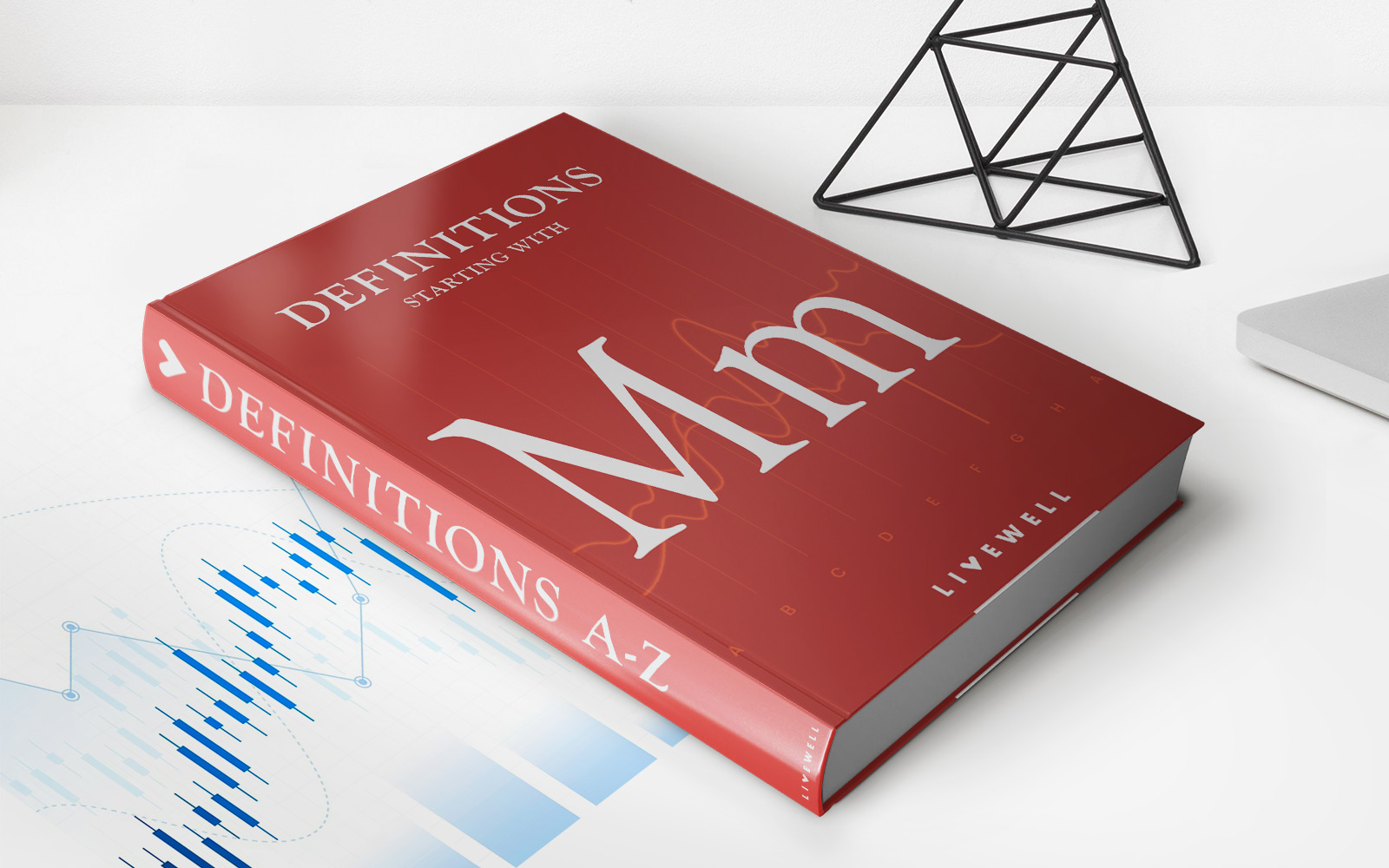

Finance
What Is Market Power (Pricing Power)? Definition And Examples
Published: December 23, 2023
Learn about market power in finance. Understand the definition and examples of pricing power to gain insights into this important concept.
(Many of the links in this article redirect to a specific reviewed product. Your purchase of these products through affiliate links helps to generate commission for LiveWell, at no extra cost. Learn more)
What Is Market Power (Pricing Power)? Definition and Examples
When it comes to the world of finance, market power, also known as pricing power, plays a crucial role in determining the success of a business or industry. But what exactly is market power and how does it impact the marketplace? In this blog post, we will explore the definition of market power, provide examples to illustrate its significance, and discuss its relevance in the finance industry.
Key Takeaways:
- Market power, also known as pricing power, refers to the ability of a firm or industry to influence the price of goods or services in the marketplace.
- Market power can be derived from factors such as brand reputation, product differentiation, control over key resources, technological advancements, and government regulations.
Understanding Market Power
Market power is essentially the ability of a company or industry to dictate the terms of trade in its favor. It grants the entity a competitive advantage, allowing it to set prices higher than the competitive market equilibrium or restrict supply to drive up prices. Market power can be derived from various factors that enable a firm to have an influence over the price and quantity of goods or services offered. Let’s explore some examples to better understand how market power operates:
1. Brand Reputation
A strong brand reputation can give a company market power in the form of customer loyalty and trust. Consumers are often willing to pay a premium for products or services from a well-known and respected brand, allowing the company to set prices above its competitors without losing market share. For example, Apple products are known for their quality and innovation, enabling the company to maintain higher price points than its competitors despite offering similar features.
2. Product Differentiation
Companies that offer unique or differentiated products can also wield market power. By offering goods or services that are perceived as superior, they create a niche market where they have pricing power. For instance, luxury car manufacturers like BMW or Mercedes-Benz have the ability to set higher prices due to the prestige associated with their brands and the perceived higher quality of their vehicles.
3. Control over Key Resources
Having control over key resources or supply chains can enhance market power. Companies that monopolize access to essential raw materials or control the distribution channels for a particular product can dictate prices. For example, OPEC (Organization of the Petroleum Exporting Countries) has significant market power in the oil industry due to its control over a substantial portion of global oil reserves.
4. Technological Advancements
Technological advancements can also create market power as companies that develop proprietary technologies can dominate their respective industries. Owning intellectual property rights, patents, or trade secrets can give a firm a competitive advantage, enabling them to charge higher prices or gain market share. Take Microsoft, for instance, which held a dominant position in the operating system market due to its Windows operating system.
5. Government Regulations
Government regulations, such as licensing requirements or restrictions on new entrants, can also bestow market power. These regulations create barriers to entry for potential competitors, allowing existing companies to maintain control over prices. Electric utilities, for example, often operate as monopolies due to regulations that limit the number of providers in a certain geographic area.
Conclusion
Market power, or pricing power, is a critical concept in the world of finance. Companies that possess market power have the ability to influence prices, gain higher profit margins, and maintain a competitive edge over their rivals. It can be derived from various factors such as brand reputation, product differentiation, control over key resources, technological advancements, and government regulations. Understanding market power can help businesses navigate the marketplace and make strategic decisions to optimize their financial performance.
